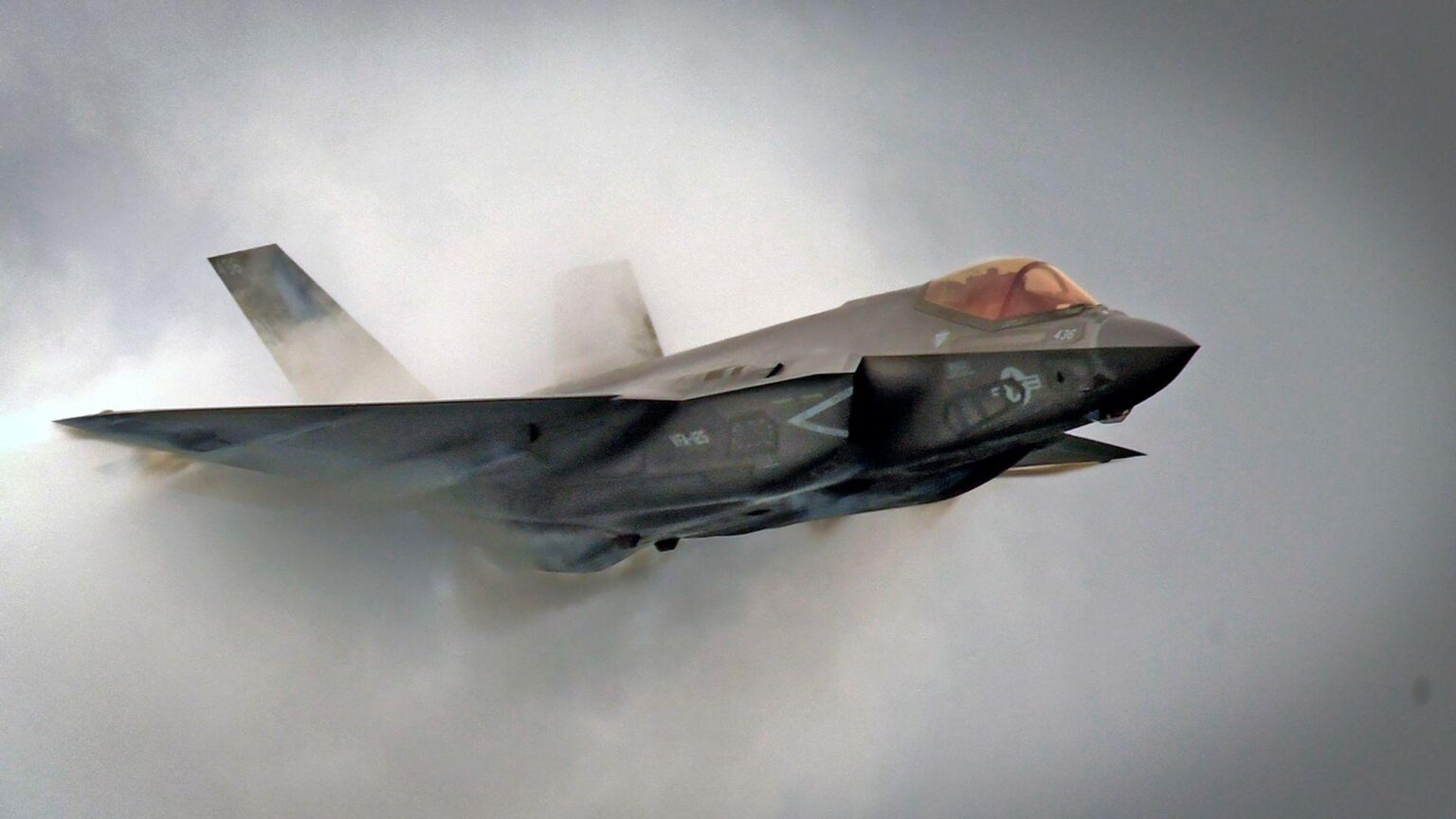In the world of high-stakes defense contracts and innovative technologies, a new player has entered the field with a bold proposition. Elon Musk, the visionary behind companies like SpaceX and Tesla, has set his sights on challenging the status quo of federal spending for Lockheed Martin’s F-35 fighter jet program. As Musk aims to shake up the traditional defense industry, questions loom large: could he actually succeed in putting a halt to one of the Pentagon’s most costly projects? Let’s dive into this intriguing debate and explore the potential ramifications of Musk’s audacious proposal.
Elon Musks Critique of Lockheed Martins F-35 Program
Elon Musk’s recent critique of Lockheed Martin’s F-35 program has sparked a debate on the future of federal spending in defense contracts. Musk, known for his innovative approach to technology and space exploration, has voiced concerns over the cost and effectiveness of the F-35 program.
As Musk pushes for a reevaluation of government spending on the F-35, experts are divided on the feasibility of halting funding for the program. While Musk’s criticisms have brought attention to the issue, the complexity of defense contracts and the strategic importance of the F-35 to national security make it unlikely for federal spending to be completely stopped. However, Musk’s bold stance opens up a dialogue on the need for greater accountability and transparency in defense procurement processes.
Examining the Feasibility of Musks Proposal
Elon Musk’s bold proposal to “stop” federal spending for Lockheed Martin’s F-35 program has sparked intense debate and speculation within the defense industry. Many are questioning the feasibility of Musk’s plan and whether it could actually come to fruition.
While Musk’s track record of disrupting traditional industries is impressive, dismantling a long-standing government contract with a major defense contractor is no small feat. There are several key factors to consider when examining the feasibility of Musk’s proposal:
- The political implications of cutting funding for a major defense program
- The logistical challenges of transitioning to an alternative aircraft development plan
- The impact on national security and defense capabilities
Implications for National Security and Defense Industry
Elon Musk’s recent comments regarding federal spending on Lockheed Martin’s F-35 program have sparked a debate within the national security and defense industry. Musk expressed his desire to “stop” the funding for the F-35, citing concerns over cost overruns and delays in the program. This statement has raised questions about the future of the F-35 and its impact on national security.
In the event that federal spending for the F-35 is halted, there are several implications for the national security and defense industry to consider:
- The potential disruption of production and supply chains for the F-35.
- The impact on defense contractors and their ability to sustain their businesses.
- The need to reassess the effectiveness and efficiency of current defense programs.
Potential Alternatives to the F-35 Program
Elon Musk has recently made headlines by calling for a halt to federal spending on Lockheed Martin’s F-35 program. This bold statement has raised questions about potential alternatives to the controversial fighter jet program. While Musk’s proposal may seem ambitious, there are several potential alternatives that could be considered:
- Investing in Next-Generation Technology: Instead of pouring more money into the F-35 program, funds could be redirected towards developing cutting-edge technology for future defense needs.
- Increasing Support for Existing Aircraft: Enhancing and upgrading current aircraft fleets could provide a cost-effective solution while maintaining military capabilities.
In Summary
As Elon Musk continues to push for accountability and efficiency in government spending, the future of Lockheed Martin’s F-35 program remains uncertain. Whether Musk’s bold proposal to “stop” federal funding for the F-35 comes to fruition or not, one thing is certain – the conversation around the balance between innovation and fiscal responsibility will continue to shape the future of defense spending. Only time will tell if Musk’s vision for a more cost-effective and technologically advanced defense program will come to fruition. But regardless of the outcome, one thing is certain – the landscape of defense contracting is constantly evolving, and Elon Musk is determined to be at the forefront of that change.
